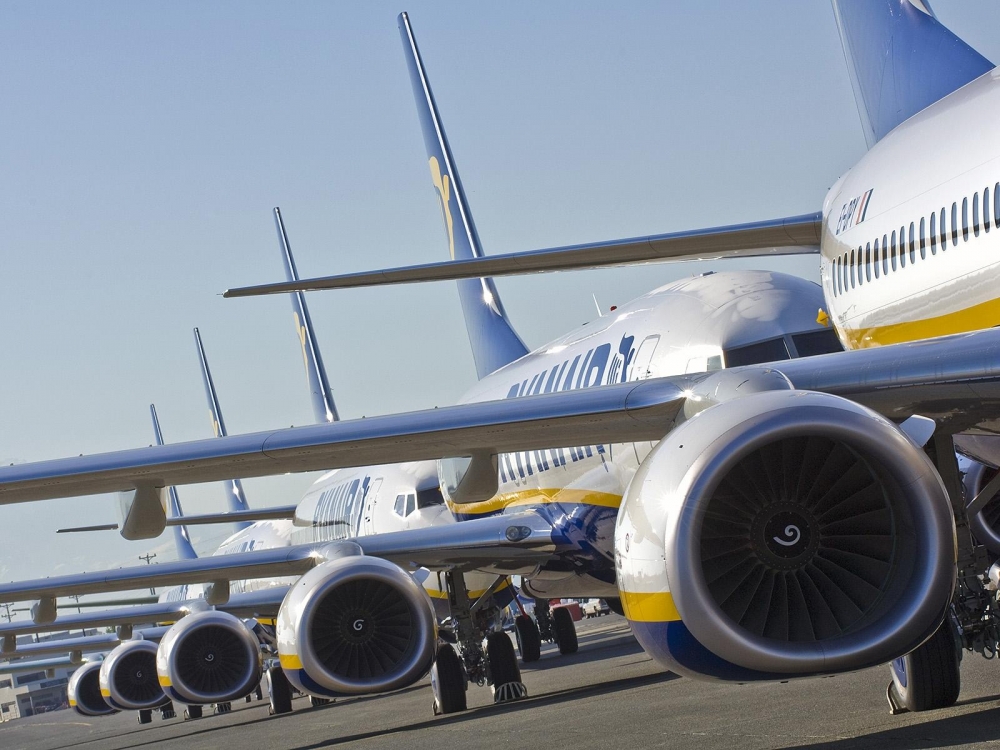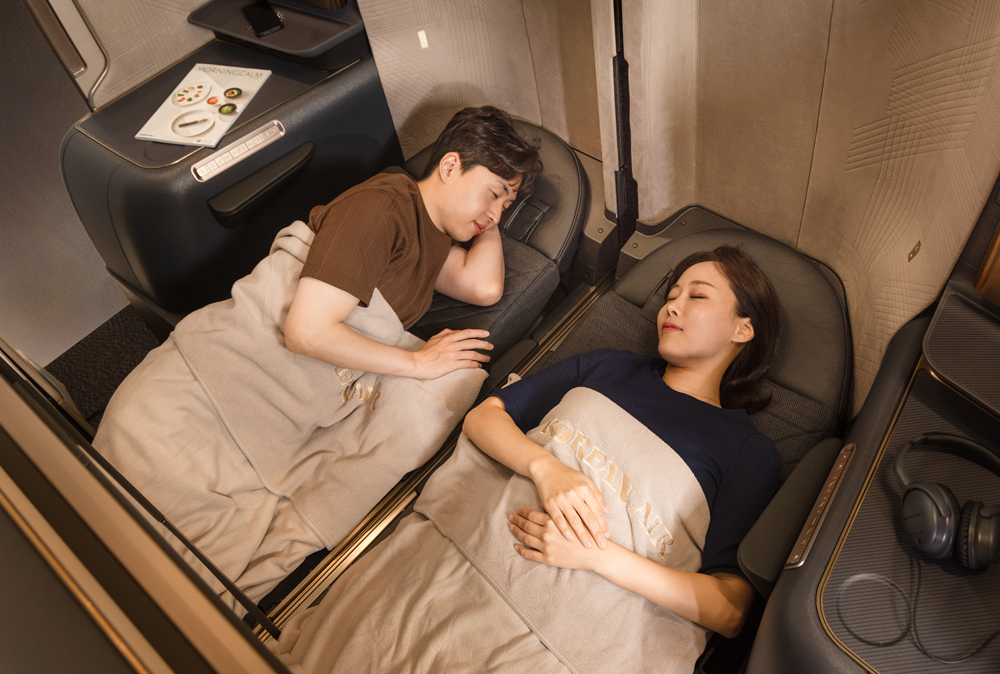Halved Ryanair check-in times could lead to big fee
17 May, 2018
3 min read


Passengers planning to use Ryanair without reserving a seat will have less time to check in online and avoid a fee of up to 55 pounds ($US74.60) for turning up to the airport unprepared.
The airline had already reduced the time available for online check-in for people without seat reservations from a week ahead of departure to four days. The new policy halves that to two days.
Those who turn up at the airport without checking in first face a 55-pound fee in the UK or 55 euros elsewhere. The fee is charged per passenger per sector.
WATCH: Reach for the sick bag!
“Online check-in (for those customers who don’t choose reserved seats) will be available from 48 hours to 2 hours pre-departure for all flights from Wednesday, 13th June,’’ the airline said on its website. “This is double the 24 hour check-in period operated by Aer Lingus, British Airways, Lufthansa, Norwegian and Iberia.
“This will give reserve seat customers more time to select their preferred seats prior to departure.”
One way to avoid the conundrum is to spend around 4 pounds or euros to reserve a seat. Customers who do this can check in between 60 days and two hours before a flight.
Those on higher-yielding flexi-plus tickets can check in at the airport free of charge.
READ: Ryanair orders another 25 737 MAX 8s.
Ryanair is considered an ancillary revenue “champ” adept at levying charges beyond the cost of a ticket.
Airlines overall are getting smarter at extracting additional cash from passengers with a wider range of charges, fees and commissions expected to boost ancillary revenues by 22 percent to more than $US80 billion in 2017.
That translated to just over $US20 per passenger for the 4.1 billion travelers expected to take to the air last year, or $US13.96 when the impact of frequent flyer programs was removed.
A report by from CarTrawler and IdeaWorksCompany estimated the global figure has risen 264 per cent from the $US22.6 billion in ancillary revenues collected in 2010 to make up more than a tenth of 2017 global airline revenue.
Ancillary revenues cover a wide a range of activities. These include additional “a la carte” passenger charges beyond the cost of a ticket for extras such as more legroom, food, drinks and luggage.
They also include less obvious revenue streams such as the sale of frequent flyer points to partners and commission from hotel bookings.
Low-cost carriers, the traditional masters of ancillary revenue, derived almost 31 percent of their revenue from extras in 2017, up from 25.5 per cent in 2016.
Ancillary revenue champs such as Ryanair AirAsia, EasyJet, Jetstar, Frontier and Spirit represented 28 percent ($US4.1 billion) of the 2017 increase.
I
Next Article
2 min read
Qantas triples profit but misses mark

Get the latest news and updates straight to your inbox
No spam, no hassle, no fuss, just airline news direct to you.
By joining our newsletter, you agree to our Privacy Policy
Find us on social media
Comments
No comments yet, be the first to write one.
